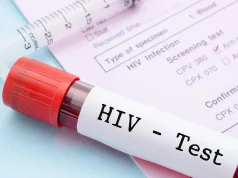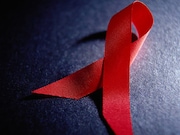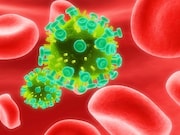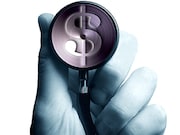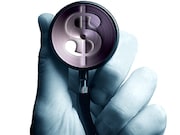CDC: Progress in HIV Prevention Has Stalled in the United States
Agency says effective HIV prevention, treatment not reaching those who could most benefit
Sufficient Investment Could Reduce HIV Epidemic by 2030
Meeting 95 percent targets for diagnosis, care retention, viral suppression could help curb epidemic
2014 to 2017 Saw Improvement in Burnout for U.S. Physicians
Compared with other working adults and after adjustment, doctors still at increased risk for burnout
Most Patients Do Not Disclose Complementary Medicine Use
Lack of inquiry from providers, fear of disapproval, belief CM is safe among reasons for nondisclosure
National Health Spending Set to Increase 5.5 Percent Annually
Long-observed demographic and economic factors expected to drive growth in health spending
Vertical Integration Has Little Impact on Quality Measures
Increased hospital market concentration tied to reduced quality in patient satisfaction measures
New Kaiser Permanente Medical School Plans to Waive Tuition
School will waive all tuition for the full four years of school for its first five classes
Hospital Prices Growing Faster Than Physician Prices
Efforts to reduce health care spending should focus on hospital prices
Many Systematic Reviews Do Not Fully Report Adverse Events
Of 146 protocols analyzed, 65 percent fully reported adverse events as intended by the protocol
Health Care Spending Per Person Increased to $5,641 in 2017
Spending per person increased 4.2 percent from 2016 to 2017; utilization increased 0.5 percent




